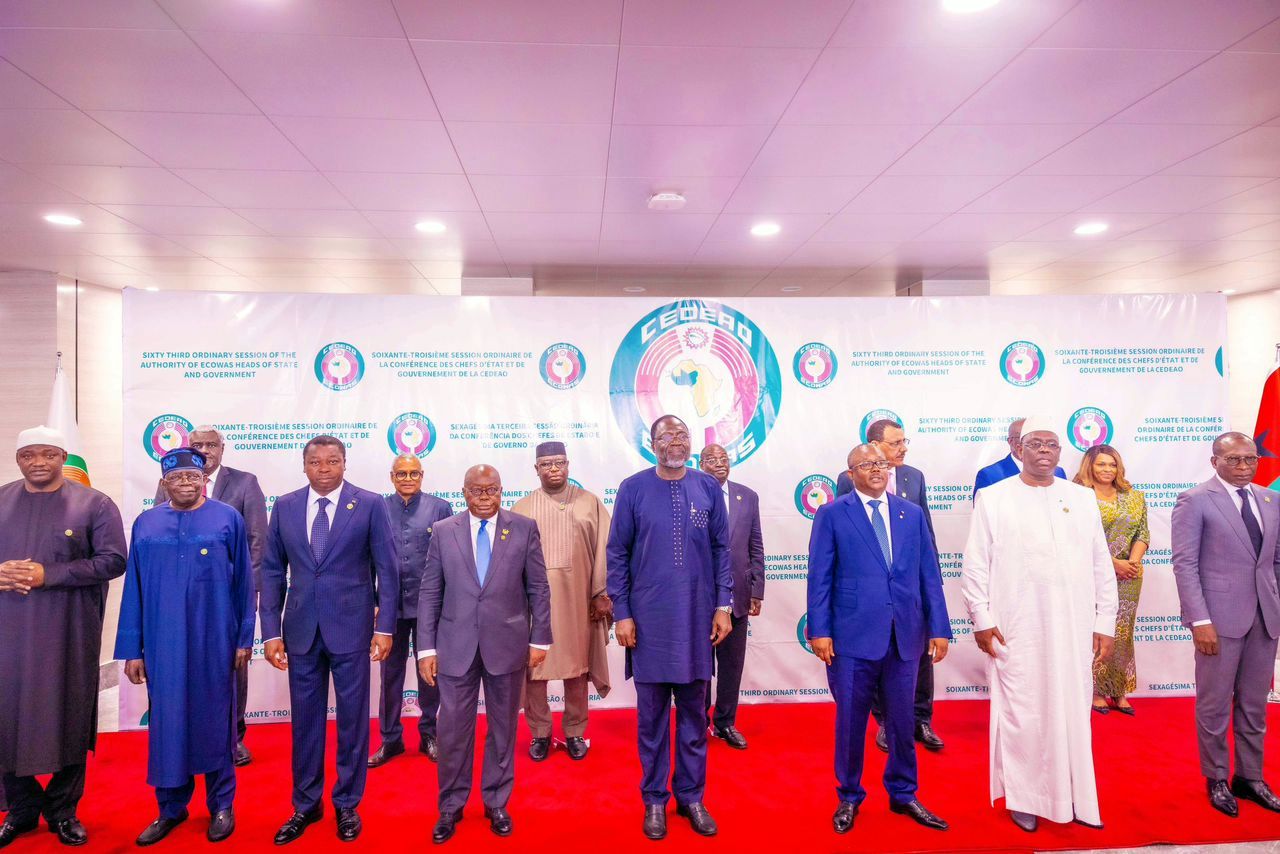At the peak of deliberations and subsequent passing of the controversial Petroleum Industry Governance Bill (PIGB) by Nigeria’s Senate in 2017, I got myself acquainted with the provisions of the bill.
Given close to two tumultuous decades of back and forth, disagreements, controversies and consternations, with the South in support of the bill while most of the North opposed, it was a thing of celebration when the Senate finally passed it. Suffix it to note that the PIGB bill is close to 20 years in the making as our legislators have sought to reform Nigeria’s oil industry through overhaul of the existing laws, which have been adjudged insufficient over the decades. The PIGB and its sister bills seek to replace the obsolete Petroleum Act of 1969.
One is left to imagine why Nigeria still runs its most important industry and highest revenue earner on decrepit laws.
According to Kenneth Ene writing in Oxford Policy Management (OPM), “the bill (PIB — Petroleum Industry Bill, parent to PIGB) has since undergone numerous revisions and debates, and met with a complex set of obstacles.
In July 2012, the then President Goodluck Jonathan’s administration presented a new version of the PIB to the National Assembly for consideration and enactment.” Kenneth highlighted that “in 2015, the Buhari administration proposed passing the PIB in various segments, forming four separate bills (Petroleum Industry Governance Bill [being the Motherlode], Fiscal Regime Bill, Upstream and Midstream Administration Bill, Petroleum Host Communities Bill)”. Furthermore, the Office of the Senate President and Vice President worked harmoniously to ensure there were no conflicting versions and it was described as historic when the Senate passed the PIGB in May 2017 followed by the House of Representatives on 25 January 2018.
The innovation of splitting the PIB largely credited to the Dr. Bukola Saraki-led Senate allowed Nigerians to surmount the hurdle of passing the landmark bill to reform Nigeria’s oil industry which is not in tune with current global oil industry practices.
Nonetheless I will not dwell on the merits and demerits of the bill as it is a settled issue as to the relevance of the bill to national development which has been established hence its passage by the National Assembly after many years.
From the foregoing, one learns that the Buhari administration particularly the office of the Vice President was intricately involved in the process of formulating the bill in the 8th National Assembly after it was sponsored as a private member bill by Sen. Tayo Alasoadura after the 8th National Assembly waited for the presidency for 10 months to forward its petroleum industry reform bill if it has any.
Former Presidents Yar’adua and Jonathan all forwarded executive versions of the bill all of which proved abortive. After the laborious formulation process and rancorous passing of the bill, and it was sent to the presidency, with hindsight of President Buhari’s aversion to the bill which I will state later, I took to microblogging website Twitter to say: “I doubt Buhari will assent to the #PIGB if he’s the one it is presented to. Powers to allocate oil licences has been moved to a commission.”
Here is the link of the tweet.
I doubt Buhari will assent to the #PIGB if he's the one it is presented to. Powers to allocate oil licences has been moved to a commission.
— AI Researcher 🤖 (@kcnaija) May 26, 2017
That was 26th May 2019. My extrapolation was based on my knowledge of the antecedents of the president who I know was very much indifferent to the overhaul of the petroleum sector because of his penchant for consolidation of power in the center as evident in his rejection of restructuring as imperative for Nigeria. Not only him, in his camp are foreign oil companies that have fed fat from the oil sector over many decades, which has benefited the Nigerian people marginally.
However what is news is that the bill, which has been awaiting presidential assent, was declined by President Buhari. In a week when the president’s political capital has depreciated given the snide remark made by President Trump describing his meeting with Mr Buhari as lifeless, one would have expected a move to shore up political capital from the incumbent. Breaking the news of the decline of assent, The Cable put it boldly on its headline thus: “Buhari rejects PIGB, says it whittles down his power,” sending shock waves down the length and breadth of Nigeria.
According to The Cable, the prime reason for withholding assent was his contention that the powers of minister of petroleum will be whittled down. Recall that Buhari doubles as the petroleum minister. Second, he stated that none of his ministers supported the bill and third, lack of any “fiscal content”. Now for the president to withdraw assent giving totally baffling reasons reeks of policy and administrative disconnect, information asymmetry and lack of synergy between the office of the president and office of the vice president the later which was part of the formulation process.
On Buhari’s compliant about lack of fiscal content, Petroleum Industry Fiscal Bill (PIFB), Petroleum Industry Administration Bill (PIAB) and the Petroleum Host Community Bill (PHCB), which are components of the bill are still before the legislators. VP Osinbajo was part of the formulation process and one queries if the VP was consulted and if he was also part of the people that advised President Buhari to withdraw assent. One also wonders how none of Buhari’s ministers supported the when the minister of state for petroleum, Emmanuel Ibe Kachikwu, told the world in October 2015, that the country lost about N3trn worth of investment annually due to the non-enactment of the PIB as it was known before it was split
It is an unfortunate situation that such a strategic bill which aims at reforming Nigeria’s oil industry has been left in jeopardy. If by the end of this administration, things remain as they are it will mean the presidency has not assented to an bill of urgent national importance — electoral amendment bill was rejected too by the presidency- neither has it originated any and one wonders how it expects to be rewarded with another four years after the first tenure was lacklustre and inconsequential as far as reforms which are needed to improve the lots of Nigerian citizens are concerned.
Op–ed pieces and contributions are the opinions of the writers only and do not represent the opinions of Y!/YNaija














